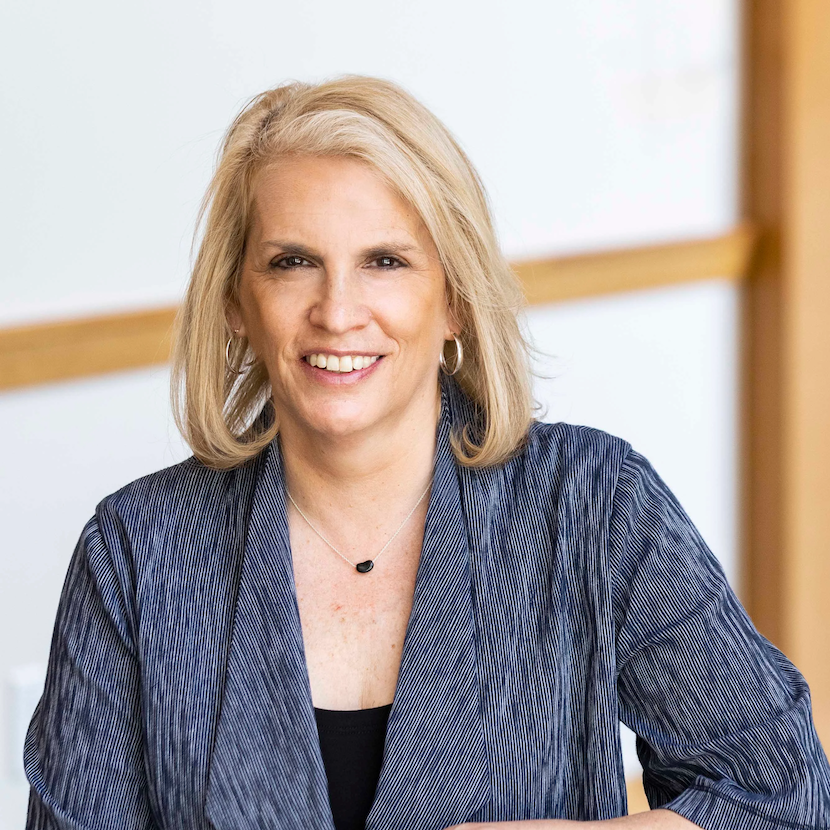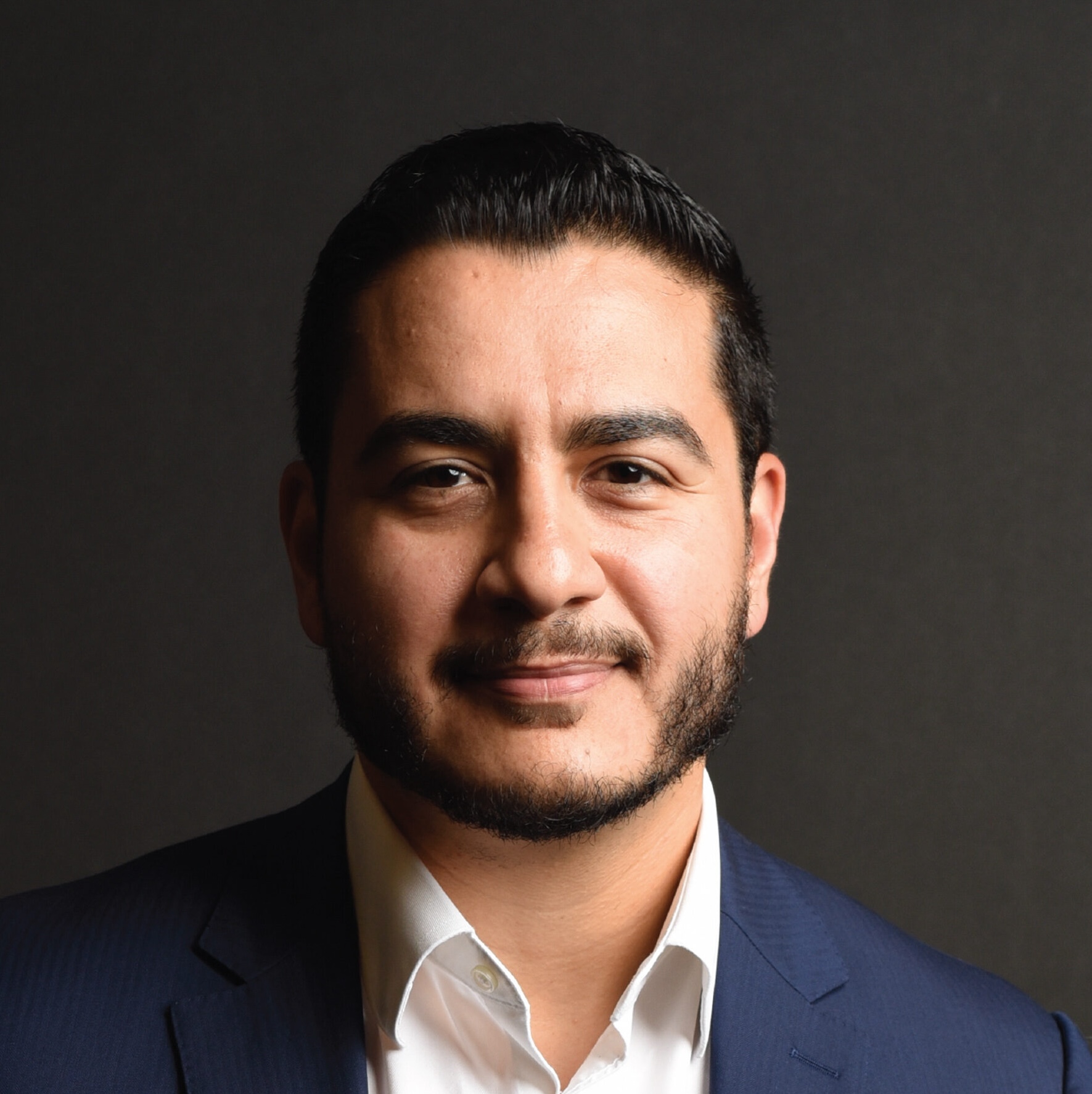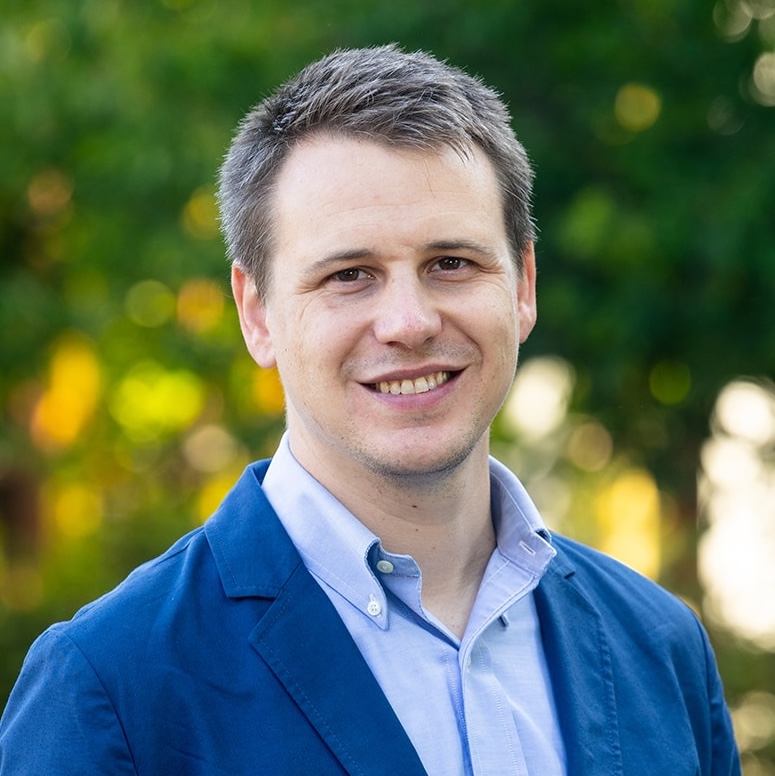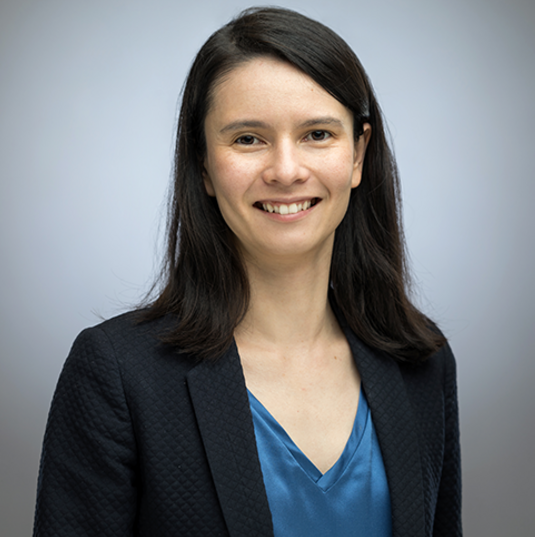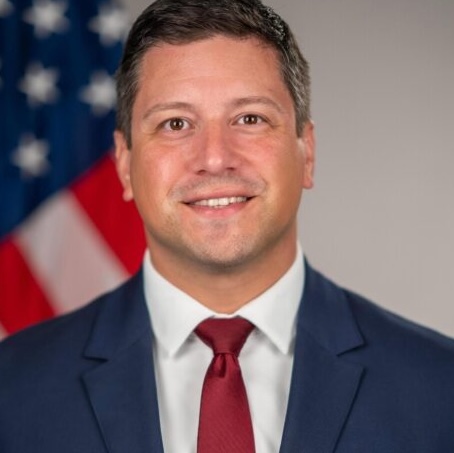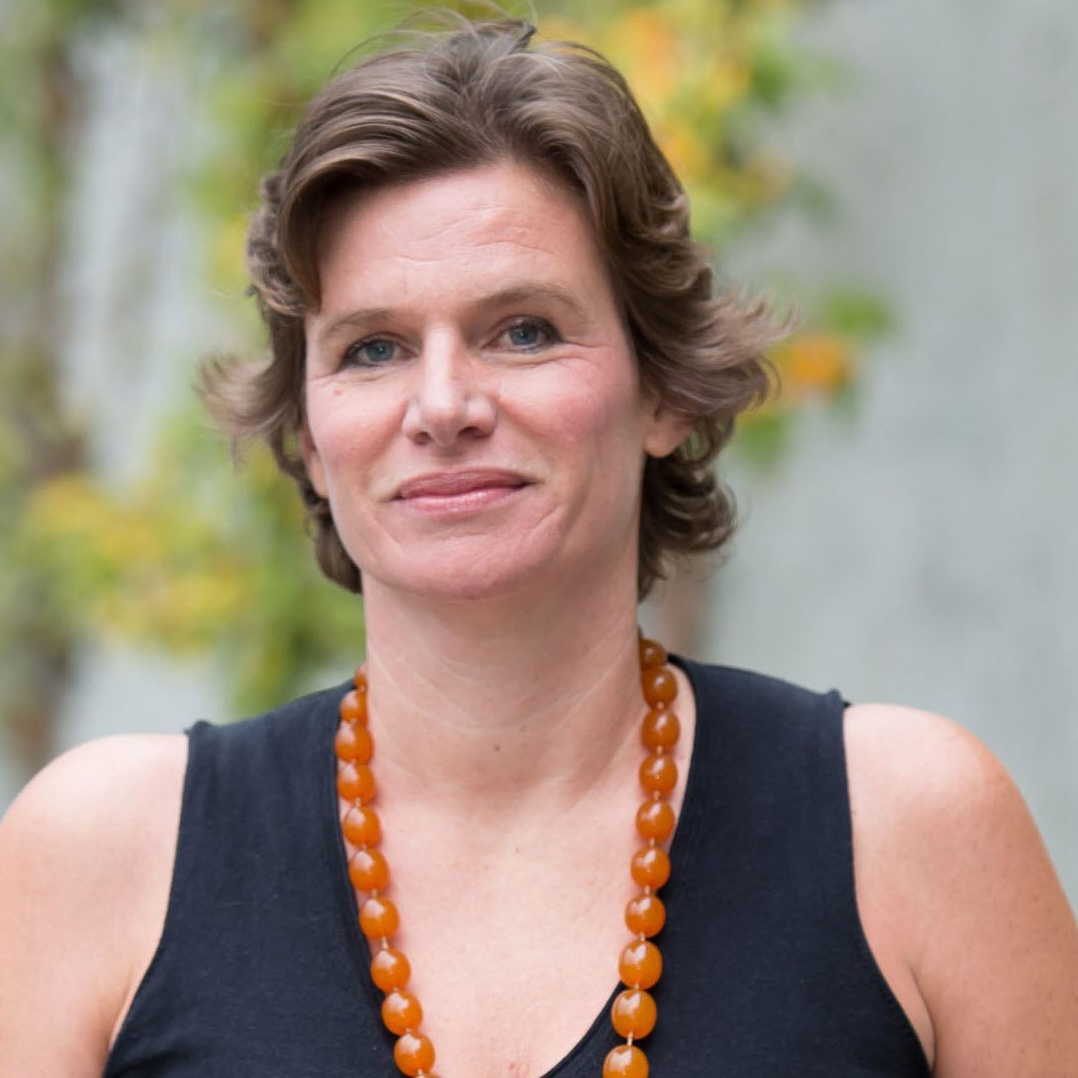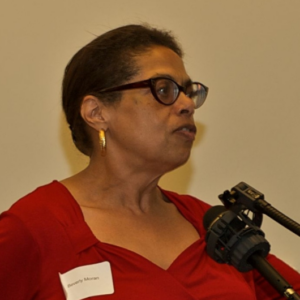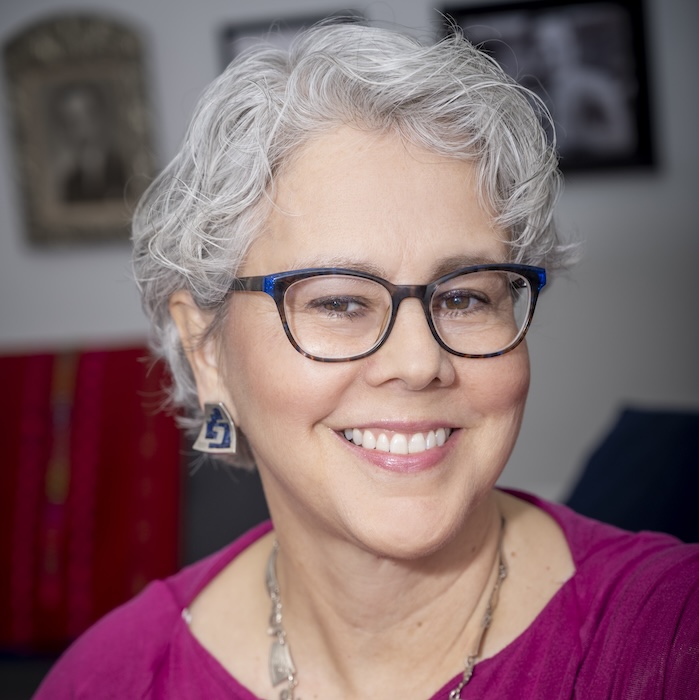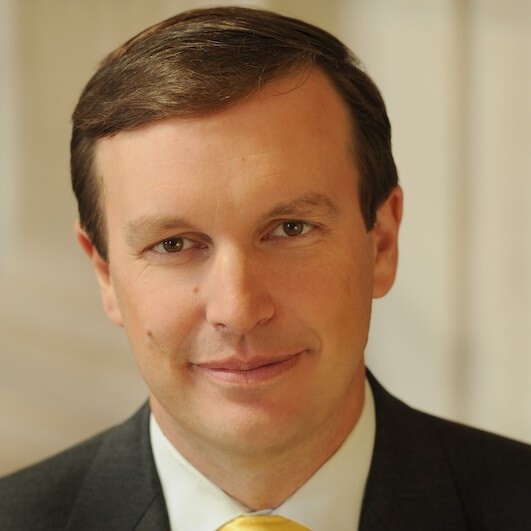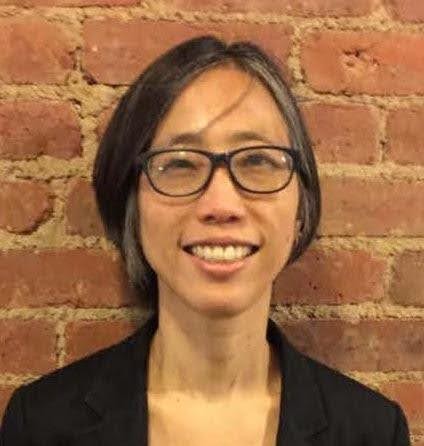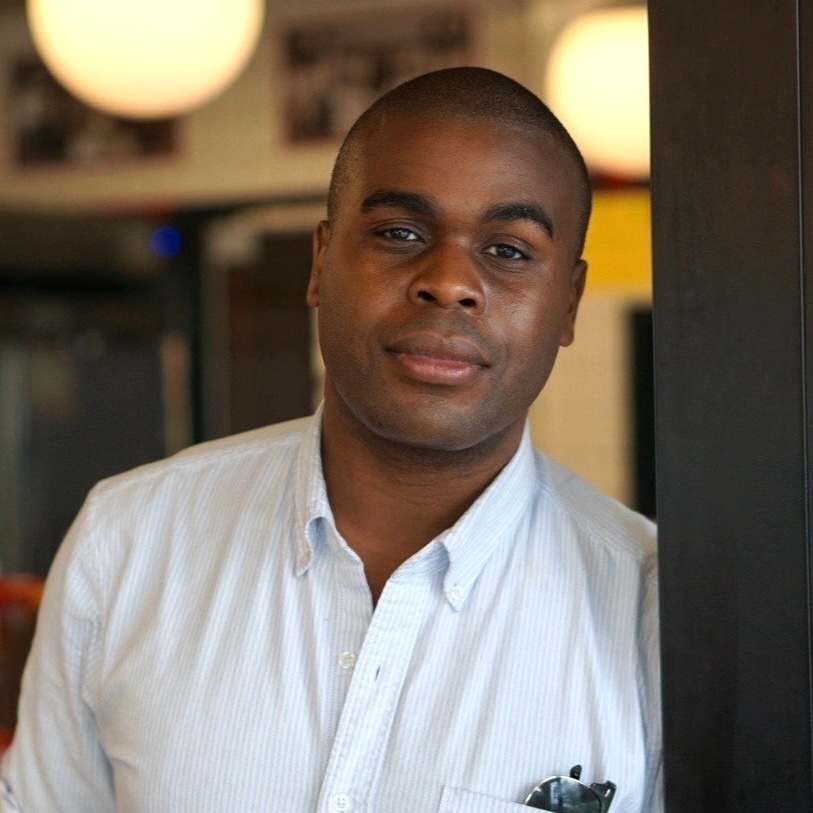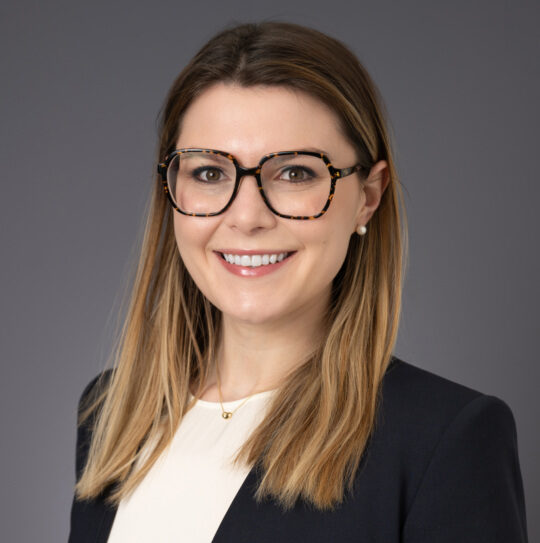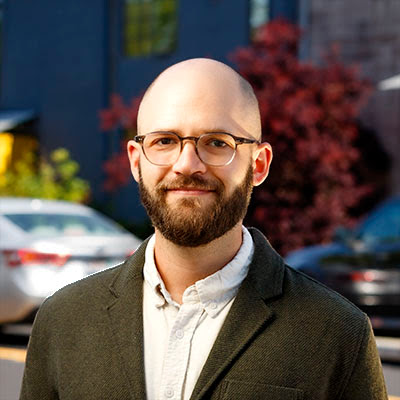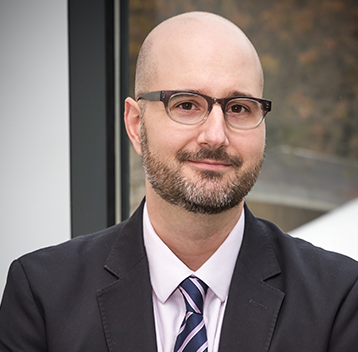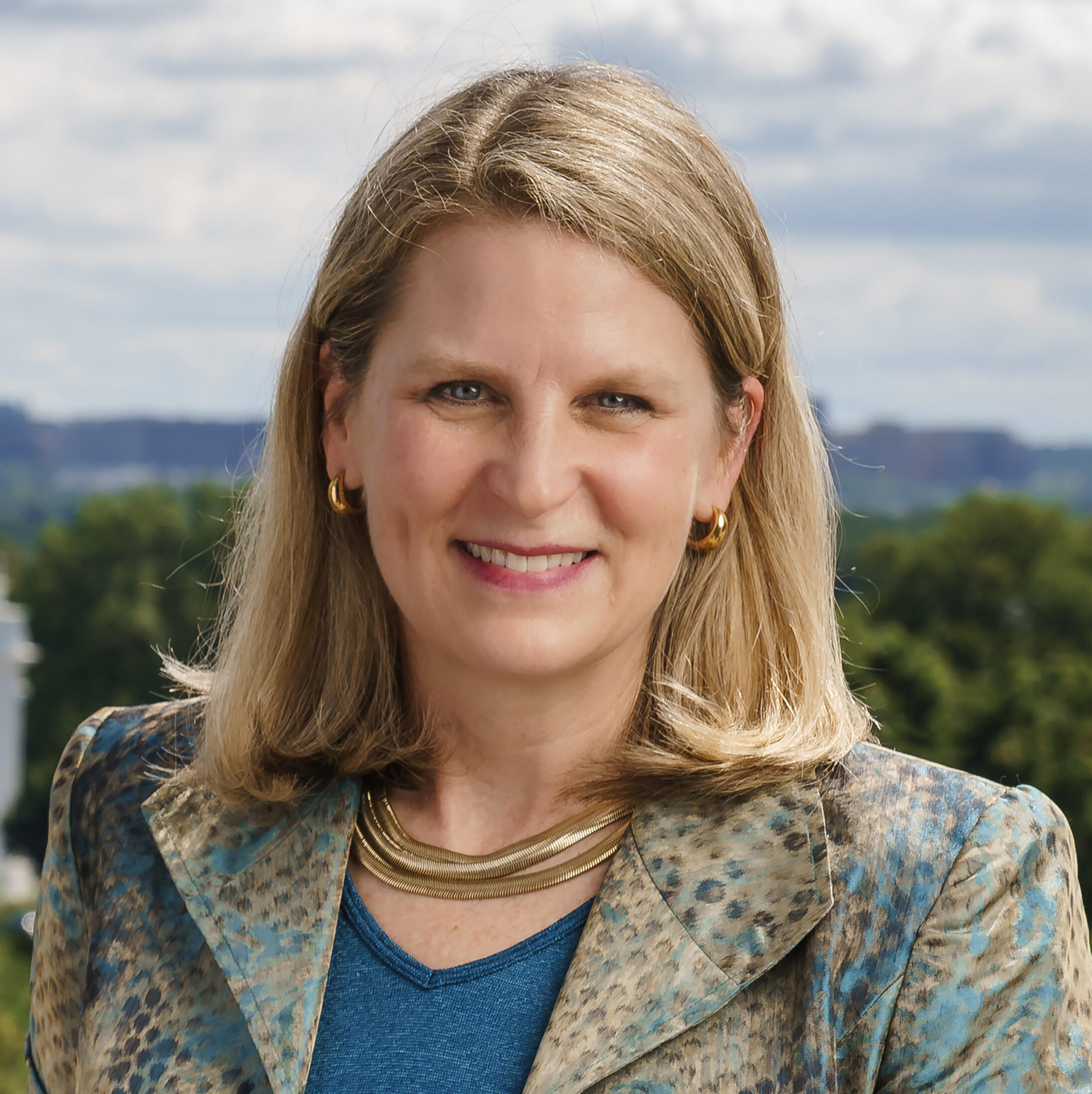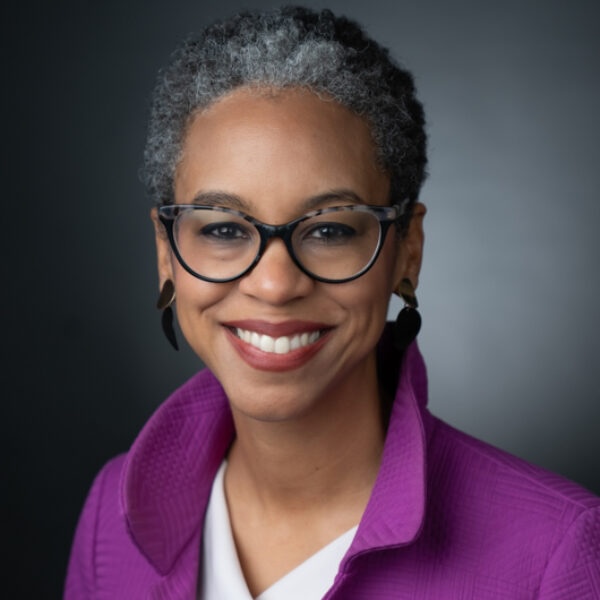Restoring Economic Democracy: Authors
April 29, 2025
These authors are guest contributors to the 2025 Roosevelt essay collection: Restoring Economic Democracy: Progressive Ideas for Stability and Prosperity
Contributing Authors
Sharon Block
Sharon Block is a professor of practice and executive director of the Center for Labor and a Just Economy at Harvard Law School, where she teaches labor, employment, and administrative law. For twenty years, Block has held key labor policy positions across the legislative and executive branches of the federal government, including as head of the Office of Information and Regulatory Affairs in President Joe Biden’s White House and on the Biden-Harris transition team. Block writes frequently on labor, employment and administrative law topics. She is a senior contributor to OnLabor.org, and her opinion pieces have appeared in the New York Times, Washington Post, Fortune, The American Prospect, The Hill, USA Today, Forbes, and Newsweek.
Arnab Datta
Arnab Datta is managing director of policy implementation at Employ America. He previously served as senior counsel at Employ America, law clerk for the Senate Judiciary Committee, fellow with the Office of Senator Michael Bennet, teacher, and speechwriter. A trusted expert on policy, legal, and economic issues, his work has appeared in the Financial Times, the New York Times, Washington Post, Slate, and Business Insider. He has been featured on podcasts including Bloomberg’s Odd Lots, The Weeds, and Pitchfork Economics. Datta holds a master of science in foreign service and a juris doctor from George Washington University.
Arindrajit Dube
Arindrajit Dube is provost professor of economics at the University of Massachusetts Amherst and a research associate at the National Bureau of Economic Research (NBER). He is a scholar of labor and health-care economics whose work also incorporates analyses of public finance and political economy. He is a leading scholar of the impact of minimum wages, and his work has been consulted by the UK Treasury. Dube has also actively contributed to the Hamilton Project. His work has appeared in the Review of Economics and Statistics, Industrial Relations, and the American Economic Review.
Abdul El-Sayed
Abdul El-Sayed is a policymaker-in-residence at the University of Michigan’s Gerald R. Ford School of Public Policy. A medical doctor by training, El-Sayed was formerly professor of epidemiology at Columbia University before moving to the public sector, serving as executive director of the Detroit Health Department. El-Sayed is also a former gubernatorial candidate for the state of Michigan. He is a political contributor to CNN and runs a newsletter, The Incision. His published works include Healing Politics: A Doctor’s Journey into the Heart of Our Political Epidemic and Medicare for All: A Citizen’s Guide.
LiJia Gong
LiJia Gong is the policy and legal director at Local Progress, a network of local elected officials working to advance racial and economic justice at all levels of government. An attorney by trade, Gong has focused her policy, litigation, and political strategy skills on advancing a progressive economic worldview and collaborative governance between organized working people and government. Prior to her work at Local Progress, she was counsel at the Public Rights Project. After completing her JD at Georgetown, Gong worked to reelect Sen. Elizabeth Warren (D-MA) in 2018 and served as a law clerk for Judge Kiyo Matsumoto of the US District Court for the Eastern District of New York.
Brian Highsmith
Brian Highsmith is a fellow in law and political economy at Harvard Law School and a PhD candidate in government and social policy at Harvard. His research focuses on corporate power, fiscal federalism, state constitutions, and local democracy. He has worked as a consumer lawyer and economic policy advisor in Washington, DC, and his writing has appeared in the Stanford Law Review, the New York Times, and American Prospect.
Chye-Ching Huang
Chye-Ching Huang is the executive director of the Tax Law Center at NYU Law. She has written on a wide range of federal tax and fiscal and economic policy issues and regularly provides testimony to Congress on tax issues. Huang previously was senior director of economic policy at the Center on Budget and Policy Priorities. She serves on the board of the National Taxation Association, the Tax Benefits Advisory Committee of Code for America, and the Tax Policy Advisory Committee of the Joint Center for Political and Economic Studies.
Alex Jacquez
Alex Jacquez is the chief of policy and advocacy at Groundwork Collaborative. Prior to joining Groundwork, he served as special assistant to the president for economic development and industrial strategy at the White House National Economic Council, where he advised the president on issues spanning labor and competition to clean energy and manufacturing. He previously served as a senior policy advisor for labor and economic issues for Sen. Bernie Sanders (I-VT) on the Senate Budget Committee and on his 2020 presidential campaign, and he has held policy, communications, and engagement positions for Senate Democratic Leadership, the Obama White House, the US Department of Agriculture, and federal and state campaigns.
Michael A. Lewis
Michael A. Lewis is a professor in the Silberman School of Social Work at Hunter College, City University of New York (CUNY), and the CUNY Graduate Center. He is a social worker and sociologist who studies quantitative methods and social policy. His scholarly writing has appeared in the Journal of Applied Quantitative Methods, the Journal of Humanistic Mathematics, Numeracy, and Sociology Study. Lewis is also coauthor of Economics for Social Workers, coeditor of The Ethics and Economics of the Basic Income Guarantee, and author of Social Workers Count. He is one of the cofounders of US Basic Income Guarantee (USBIG), an organization dedicated to promoting discussion and advocacy of UBI as well as similar policies.
Mariana Mazzucato
Mariana Mazzucato is professor in the economics of innovation and public value at University College London (UCL), where she also serves as the founding director of the UCL Institute for Innovation and Public Purpose. Her economic research focuses on innovation, concepts of value, and public sector capacity. Her work actively challenges market orthodoxies and attempts to initiate new policy debates. She is a recipient of the Leontief Prize and the John von Neumann Award, and her published works include The Big Con, Mission Economy, and The Entrepreneurial State.
Michelle Miller
Michelle Miller is the director of innovation for the Center for Labor and a Just Economy at Harvard Law School. She joined the Center after a decade as the cofounder and codirector of Coworker, an organization that nurtures early-stage worker-led organizing across multiple industries. During this time, Miller also pioneered the labor movement’s research and response to the proliferation of software and technology tools being used to manage and surveil workers and working-class people. Miller is also a visiting social innovator with the Social Innovation + Change Initiative at the Harvard Kennedy School. She is on the boards of the Brooklyn Institute for Social Research and Arts and Democracy.
Beverly I. Moran
Beverly I. Moran is a professor of law emerita at Vanderbilt University and a senior fellow at the Roosevelt Institute. She also serves as Paulus Endowment senior tax fellow at Boston College Law School. Her work focuses on federal income taxation. A respected expert on US tax law, she has testified before both the House Ways and Means Committee and the Congressional Black Caucus. Her publications cover an interdisciplinary array of issues, ranging from legal philosophy to critical race theory and legal education. Her writing has appeared in the SMU Law Review, the Wisconsin Law Review, and the North Carolina Law Review.
Cecilia Muñoz
Cecilia Muñoz is a national leader in public policy and public interest technology who was director of the White House Domestic Policy Council under President Barack Obama as well as the White House director of intergovernmental affairs. Prior to her time in government, Muñoz spent 20 years at the National Council of La Raza (now UNIDOS US). She serves on the boards of the Kresge, Freedom Together, MacArthur, and Joyce foundations, as well as several NGOs. She is a recipient of a MacArthur Fellowship and the award-winning author of More Than Ready: Be Strong and Be You…and Other Lessons for Women of Color on the Rise.
Chris Murphy
Sen. Chris Murphy is the junior US senator from Connecticut. Trained as a lawyer, Sen. Murphy is an advocate for job creation, affordable health care and education, and gun control. He has served on the Health, Education, Labor, and Pensions (HELP) Committee, the Foreign Relations Committee, and the Senate Appropriations Committee. Before his time in the US Senate, Murphy served three terms in the US House of Representatives. Prior to that, he served eight years in Connecticut’s General Assembly.
Eri Noguchi
Eri Noguchi is an adjunct assistant professor at the Columbia School of Social Work and the associate executive director of the Association to Benefit Children. She is a sociologist who specializes in labor markets, poverty, urban sociology, and social welfare policy. Her work has appeared in the Journal of Applied Quantitative Methods, the Journal of Human Behavior in the Social Environment, and Basic Income Studies.
Osita Nwanevu
Osita Nwanevu is a contributing editor at The New Republic and columnist at The Guardian. His writing focuses on democracy and political culture in the United States. His forthcoming book, The Right of the People: Democracy and the Case for a New American Founding, will be published by Random House. His work has also appeared in The New Yorker, Slate, the New York Times, and the New York Review of Books.
Lenore Palladino
Lenore Palladino is associate professor in the Department of Economics and the School of Public Policy at UMass Amherst. She is a research associate at the UMass Amherst Political Economy Research Institute and a senior fellow at the Roosevelt Institute. Palladino’s research focuses on the political economy of corporations and finance. She is the author of a book on the political economy of corporations, Good Company, from the University of Chicago Press.
Elizabeth Pancotti
Elizabeth Pancotti is the managing director of policy and advocacy at Groundwork Collaborative. Prior to Groundwork, she advised Sen. Bernie Sanders (I-VT) on labor and economic policy on the US Senate Budget and Health, Education, Labor, and Pensions (HELP) committees, and she researched economic policy at the Roosevelt Institute, Employ America, and the National Bureau of Economic Research. Her research has been featured in the New York Times, the Washington Post, and The Guardian. Pancotti has a BS in economics from American University.
Ned Resnikoff
Ned Resnikoff is a writer, researcher, and independent urban policy consultant. He previously worked as policy director for California YIMBY, policy manager for the Benioff Homelessness and Housing Initiative at UC San Francisco, and as a fiscal and policy analyst for the California state legislature. He is also a former journalist, with bylines in the New York Times, the San Francisco Chronicle, MSNBC, Business Insider, the Nation, the New Republic, and Dissent, among other publications. Resnikoff is currently working on a book about cities for Island Press, with an expected release date in fall 2026. He holds a master’s in public policy from the Goldman School of Public Policy at UC Berkeley.
Costa Samaras
Costa Samaras is the director of the Carnegie Mellon University Scott Institute for Energy Innovation, where he also holds the trustee professorship of civil and environmental engineering. With a PhD in civil and environmental engineering and engineering and public policy, Samaras analyzes the relationship between technology, policy, and national security in an era of climate change. He is a founder and director of the Center for Engineering and Resilience for Climate Adaptation and of the Power Sector Carbon Index, and he formerly served in the White House Office of Science and Technology Policy as the chief advisor for the clean energy transition.
Liz Shuler
Liz Shuler is the president of the American Federation of Labor and Congress of Industrial Organizations (AFL-CIO), the first woman to hold the position. With a degree from the University of Oregon, Schuler began her career as an organizer with the International Brotherhood of Electrical Workers Local 125. Over a decades-long career on local and national stages, she has consistently advocated for workers, focusing on training, the future of work, the clean energy transition, and the place of women and young employees.
Alex Turnbull
Alex Turnbull was CIO at Keshik Capital, a multi-strategy fund based in Singapore, and now runs a family office. Previously, Turnbull worked at leading global investment banks and hedge funds. He has close to two decades of experience managing multi-asset portfolios and investing in public and private corporate securities and derivatives. Turnbull also researches energy and security with the Australian National University and has published in top journals. He has a degree in economics, and he speaks English and Mandarin.
Elizabeth Wilkins
Elizabeth Wilkins is the president and CEO of the Roosevelt Institute. She formerly served as a fellow at the American Economic Liberties Project and at Workshop: Catalyzing Change for Workers and as chief of staff to the chair and director of the Office of Policy Planning at the Federal Trade Commission (FTC). Before joining the FTC, Wilkins was senior advisor to the White House chief of staff.
